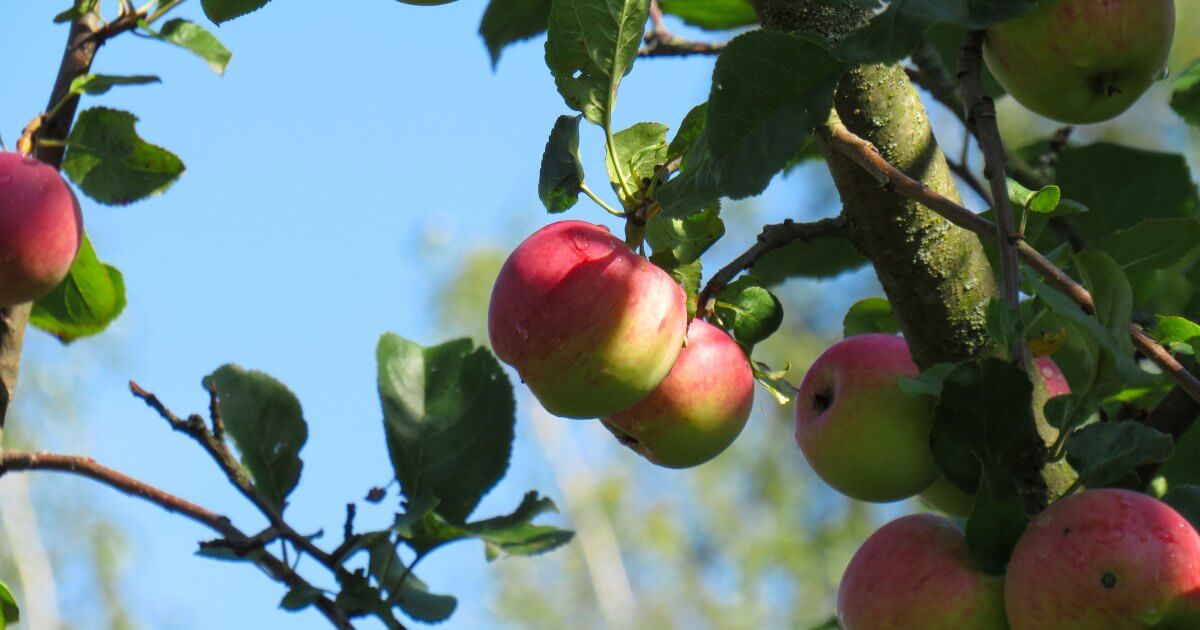Understanding the Environment's Role in Cancer Risk
- There are some dietary choices people can make to avoid increasing their cancer risk, like eating more veggies and cutting down on red meat.
- The risk from known carcinogens varies from person to person.
- Doctors are working on understanding why certain people are more susceptible to certain environmental triggers, so they can tailor lifestyle recommendations.
We spoke to Dr. Robert Wright, chair of the Department of Environmental Medicine and Public Health at Mount Sinai, about which environmental risks people should be aware of — and why some triggers may be dangerous to some people & completely safe for others.
How is Diet Related to Cancer Risk?
Read More“In the end, prevention is actually kind of simple,” he said. “It's what we always know. It's exercise and eat well. That means eating more vegetables and less meats, particularly red meats.”
Some dietary basics to avoid a higher cancer risk include:
- If you can afford it, buy organic fruits and veggies
- When buying non-organic, make sure to thoroughly wash produce
- Avoid overcooking food
- Try to eat fewer red meats
How Do Environmental Triggers Cause Cancer?
We’re exposed to carcinogens, or substances that can cause cancer, throughout our daily lives. But many people will not go on to develop the disease.
“We create carcinogens all the time in our foods when we cook them, and very few of us get cancer because our bodies can handle them,” Dr. Wright explained. “But some people have susceptibilities to these environmental carcinogens, which might be genetic or might be caused by combinations of carcinogens.”
It’s important to understand that no one trigger is going to definitively cause cancer, Dr. Wright said, but it could be a combination of triggers in the environment.
“Cancer isn't caused by one event, typically, it's usually a series or combination of events,” he said. “So, it may be that you ate a lot of charred food, it may be that you're also a smoker, it may be that you've inherited a genetic susceptibility to be a little bit more sensitive to those chemicals.”
Are Plastics Dangerous?
Another common concern is that being exposed to plastics, like single-use plastic water bottles, can cause cancer. Dr. Wright said it’s certainly in “the realm of possibility,” but right now, there’s no definitive research on it. However, it is an area that’s being heavily studied.
“The way the plastic chemicals work is they’re referred to as endocrine disrupters, so they’re not carcinogens in the traditional sense of causing mutation,” Dr. Wright explained.
Endocrine refers to hormones, Dr. Wright said, and endocrine disrupters work by changing the way the hormones work.
“So the ability of your body to respond appropriately to a damaged, mutated cell is affected,” Dr. Wright explained. “So, endocrine disrupters can affect that part of your body’s response and potentially increase your risk of cancer.”
Looking at Genetics & Environment Together
One of the great mysteries researchers are trying to figure out is why some people will develop cancer while others do not after being exposed to the same carcinogen. For example, why do some people who smoke cigarettes never develop lung cancer, but so many others do?
“Most cancers are not inherited. People do have some genetic susceptibility to cancer but those genes are not working by themselves. There has to be something in the environment that triggers it,” Dr. Wright explained.
“So, if you can avoid that environmental trigger, even if you have a genetic susceptibility to cancer, you can avoid it by avoiding the environmental triggers. What we really need is research to try and understand what those environmental triggers are in people who have different sets of genes.”
The next frontier, Dr. Wright said, is trying to be more precise with medicine. Ideally, doctors would be able to recommend specific lifestyle choices and tell people to avoid specific foods to greatly reduce their personal cancer risk.
“We may know that particular types of genetics actually make you at higher risk, but we don't know why [with] two twins that have the exact same set of genes, one will get cancer and the other won't,” he said.
“It's the environment that's clearly the difference in that scenario, so measuring the environment is really critical to understanding how the genetics work.”
There’s no cancer prevention diet, but making healthy food choices is still important. NYU’s Dr. Marleen Meyes explains.
Learn more about SurvivorNet's rigorous medical review process.


